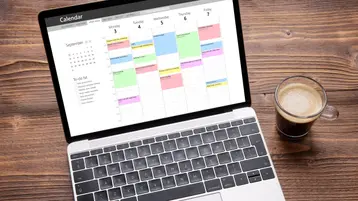Recently Posted

Employee Management Software
Employee management software can make life easier for employees and managers while improving your bottom line.
February 23, 2024

Career Mobility
Career mobility is highly desirable to employees. Here's how to develop a plan to keep your workforce engaged and on the track to success.
December 4, 2023

What is Performance Alignment & How to Shift from Performance Management
Performance alignment helps ensure that all your employees are meaningfully working towards your organization's goals and larger vision.
December 4, 2023

Performance Reviews FAQs
Recognizing employees for their achievements can have a meaningful impact on your business, but that doesn’t mean it’s easy or that you won’t have questions along the way.
December 4, 2023
EGUIDE
A Startup’s HR Survival Guide
EGUIDE
Six Ways to Attract Top Talent









